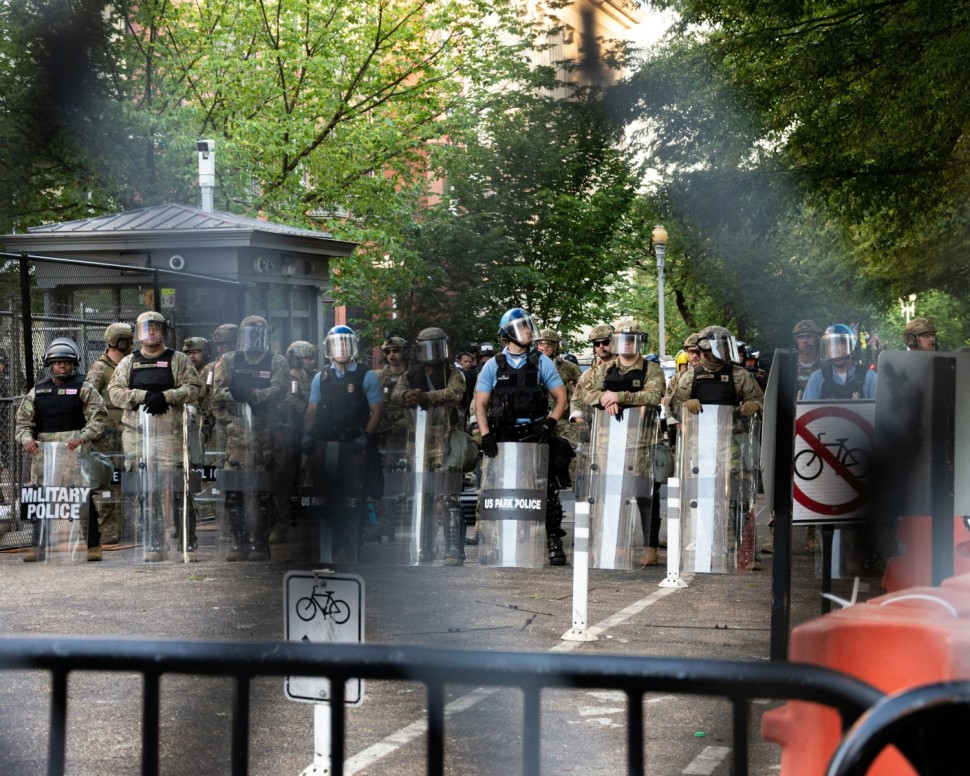Supreme Court Decision on Black Lives Matter Appeal
On Monday, the Supreme Court made a pivotal decision that significantly affected those organizing protests. In an unexpected turn of events, the court turned down an appeal from DeRay Mckesson, a leader of Black Lives Matter, who faced liability from a lower court's ruling. The case stemmed from a protester who injured a police officer during a 2016 protest in Baton Rouge, Louisiana.

Mckesson's Legal Battle Begins
A protest was staged to condemn the fatal shooting against Alton Sterling. An officer, "John Doe," in documents, got hurt during the demonstration. Someone he couldn't identify threw something hard, inflicting serious injuries on him. These included teeth loss and a brain injury.
The Case Against Mckesson
John Doe sued McKesson. He believed McKesson could have predicted the violence. Historical patterns of similar protests becoming violent backed his belief. His lawyers argued that out-of-state BLM protesters would often come into a city. They would assemble, block highways, and interact in ways to provoke the police. During such protests, looting happens, property gets damaged, and bystanders and police are hurt.
ALSO READ : Gordon Ramsay's $16.1M London Pub Seized by Squatters Amidst Sale Efforts, Legal Battle Looms
The Legal Process and Arguments
After multiple rounds in the lower courts, the Fifth Circuit last year ruled that the case could proceed. It found that Doe had credibly alleged Mckesson "directed his tortious activity" by creating conditions that were unreasonably dangerous and "incited" violence by organizing a protest in a manner likely to lead to a violent confrontation with police.
However, the ACLU (American Civil Liberties Union), representing Mckesson, argued that holding him liable for the acts of an unidentified protester infringes on his First Amendment rights. They warned that the lower court's decision is at odds with Supreme Court precedent and threatens to chill protected First Amendment activity across the country.
Supreme Court's Stance
By deciding not to take up Mckesson's case, the Supreme Court leaves the lower court's decision in place. While respecting the Court's denial, Justice Sonia Sotomayor explicitly stated that the decision "expresses no view about the merits of Mckesson's claim."
What Lies Ahead for Mckesson and Protesters Nationwide?
Sotomayor also suggested that the lower courts consider the recent Supreme Court decision in Counterman v. Colorado in future proceedings. The Counterman case makes it more difficult to convict someone of making a violent threat. It could influence how courts assess cases like McKesson's that involve potential liability for protest organizers.
This Supreme Court's decision not to hear the appeal sends a strong signal regarding the responsibilities and liabilities of protest organizers. With this legal precedent, activists and organizers might face increased legal risks for planned events, potentially affecting how protests are organized in the United States.
As the case proceeds under this new legal landscape, the implications for First Amendment rights, protest organizations, and police-protester interactions remain to be fully realized. The legal community and activists will watch closely as lower courts further interpret and apply this ruling in future cases.




